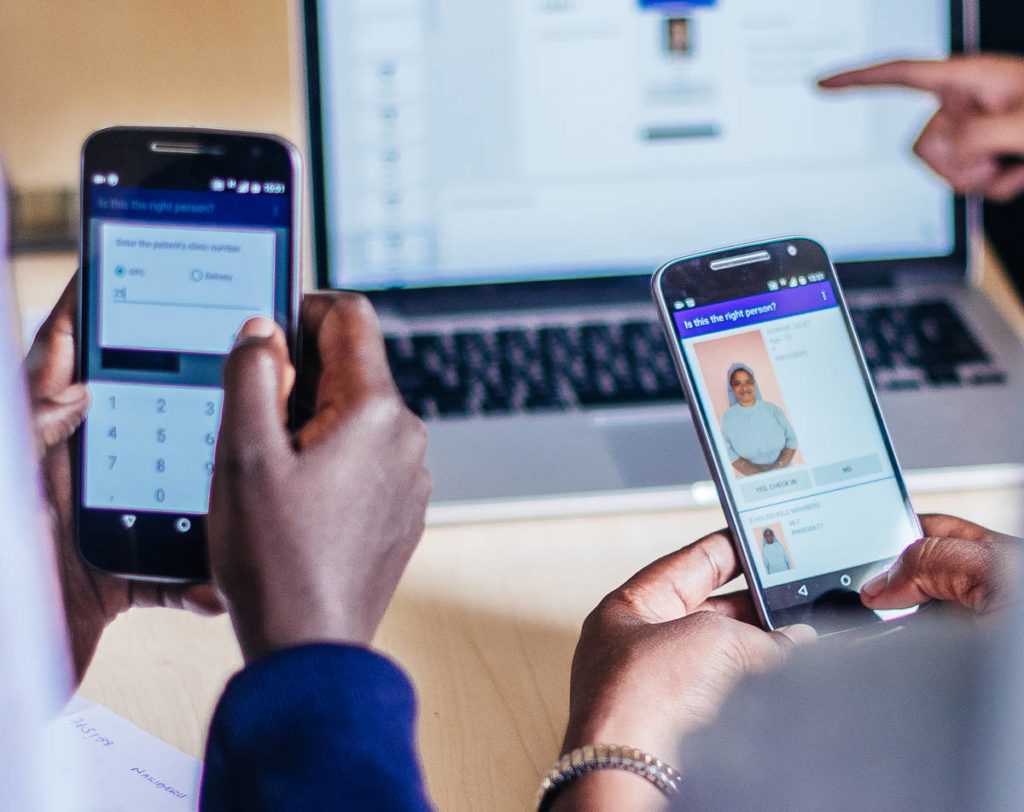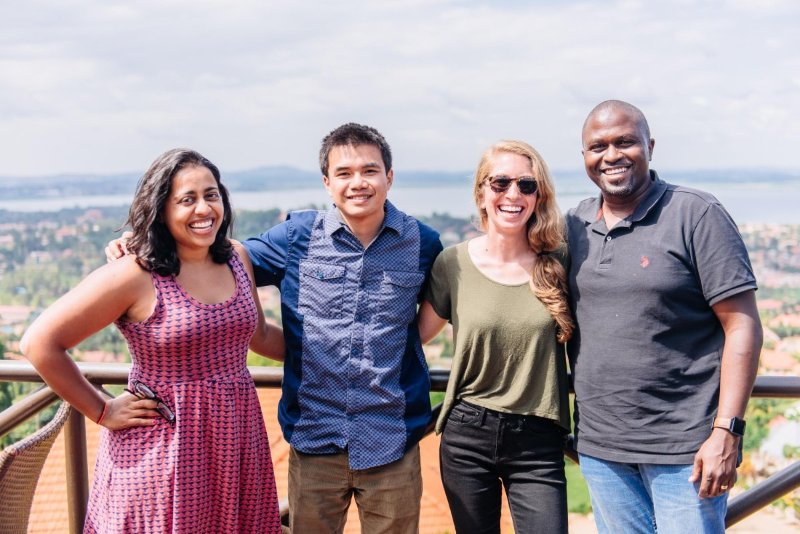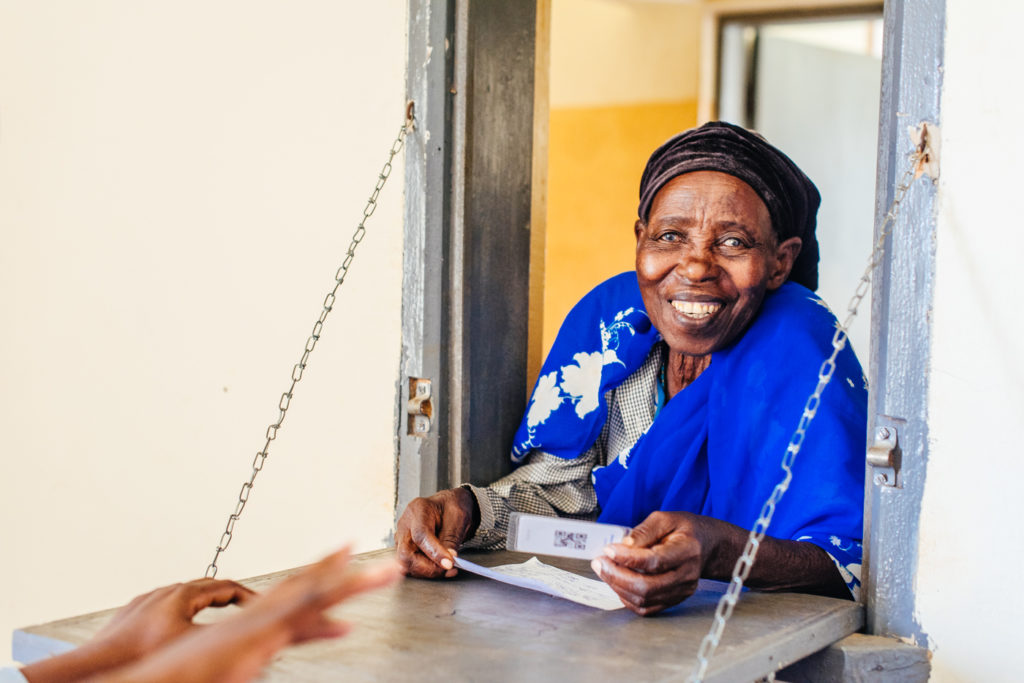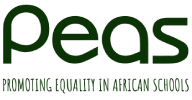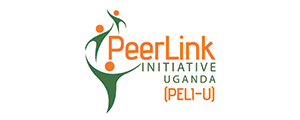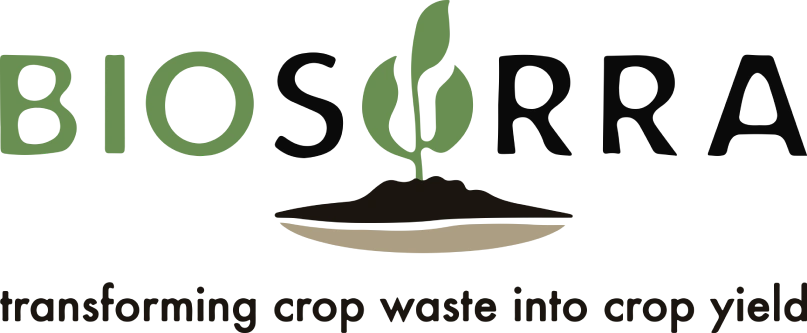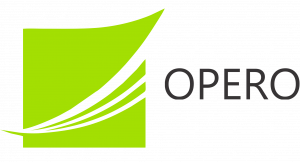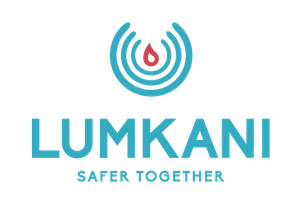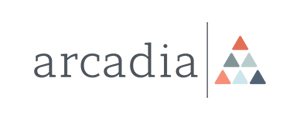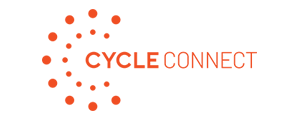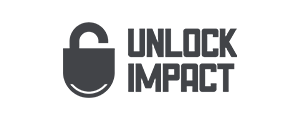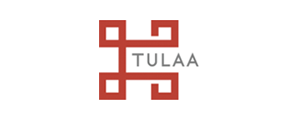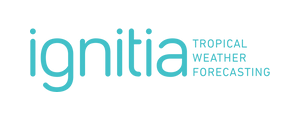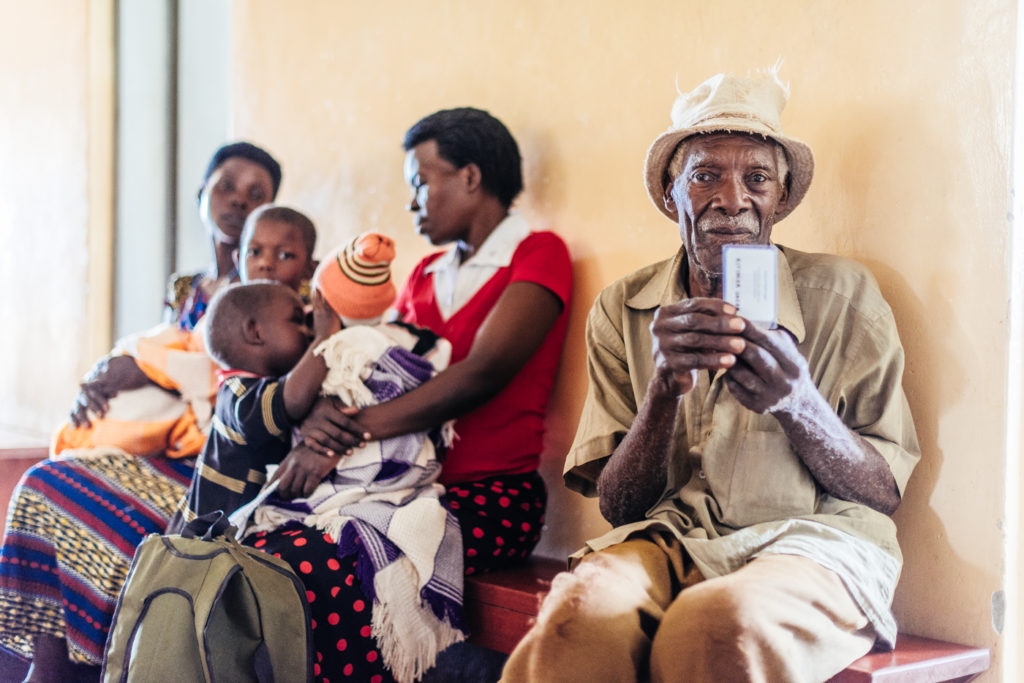
Scaling technology to increase access to healthcare for millions of people.
By Priya Kumar | Health Director & Sameera Pochiraju | Partnerships Manager of Watsi
Watsi is a U.S.-based nonprofit that builds technology to finance healthcare for people around the world. The first tool we created was a crowdfunding platform to fund surgeries by connecting donors to health providers. Since 2013, the crowdfunding platform has raised over $11 million USD to cover 18,000 surgeries across 22 countries.
It was through our experience with this first platform that we learned about the significant challenges governments face when trying to provide universal health coverage (UHC) to their people. We found that out of pocket payments were keeping healthcare out of reach for millions of people, health providers weren’t getting reimbursed on time and were going bankrupt, and governments didn’t have access to basic health data to inform decision-making. To help address these challenges, we developed our second product, Meso – a platform that administers national health insurance systems in resource-limited countries.
ENGAGING ACTUAL USERS TO GET IT RIGHT, UPFRONT
With support from donors and funders like Pace Able, we began our research & development phase at the start of 2017. A group of our engineers and designers traveled to a rural clinic in Rwibaale, Uganda to build Meso alongside clinic users. For three months, the team lived adjacent to the health facility and worked closely with Watsi’s local partners – the Banyatereza Sisters and the Uganda Catholic Medical Bureau – to fully immerse themselves in the community.
During this first-hand discovery period, the team observed clinic workflows and used what they learned to build a well-informed, user-friendly platform that would help clinic staff do their jobs more easily. They tested versions of the platform with clinic staff – making adjustments based on the direct feedback they received.
This focus on building alongside actual users proved critical to ensuring Meso was optimized to the needs of both the clinic and its patients. In March 2017, we officially launched the Meso pilot in the Rwibaale clinic. Since then, the clinic has used Meso to enroll close to 9,000 people – over 90% of the eligible population in the area.
This focus on building alongside actual users proved critical to ensuring Meso was optimized to the needs of both the clinic and its patients.
SIMPLIFYING & SPEEDING UP ACCESS TO HEALTHCARE
Meso is a suite of mobile and web applications that facilitates end-to-end administration of the five key processes required to run a national health insurance system: enrollment, identification, claims submission, claims processing, and reporting.
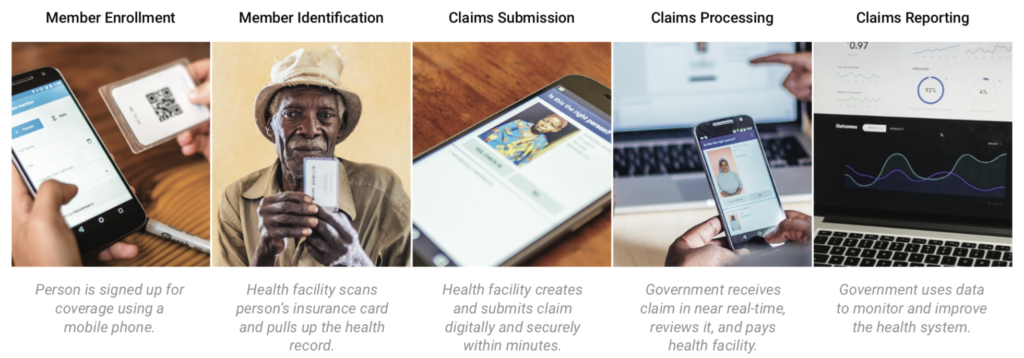
Using Meso, any eligible patient – such as a child experiencing an asthma attack – can be enrolled and receive a health insurance card within minutes. As a result, the child can access care right away.
Once the child enters a clinic, her card is scanned and her record is pulled up within seconds using Meso’s mobile app. The labs, drugs, and services she receives are digitally recorded, submitted by the clinic, and reviewed by the health insurance administrator in near real-time. This digital processing of claims significantly reduces the time it takes for health facilities to get reimbursed. This allows staff to be paid on time and drugs to remain sufficiently stocked – two critical components of administering quality healthcare.
Meso surfaces a wealth of data to all levels of the health system. For example, at the facility and district levels, providers can use Meso to track a child with asthma as she moves from screening to seeking treatment within a facility, or if she’s referred to other levels of the health system.
At the national level, the government can see facility-level information on drugs, labs, and services consumed, as well as the prices of each consumable so they can make informed decisions about drug forecasting and procurement. This enables the government to better manage and improve the health system overall.
“The clinic always has drugs stocked now… staff salary has been available… [Meso] has made work at the clinic fast and easy.”
– Staff Member at Meso pilot in Uganda
EARLY EVIDENCE OF ADOPTION & SUCCESS
Meso has been used to administer health insurance in Rwibaale for almost two years now. Nearly 90% of households that are enrolled in the health insurance system have accessed life-saving or life-changing care – from quickly treating malaria to safely delivering a baby.
Over 20,000 patient visits have been recorded at the health facility – each resulting in a claim. A study conducted in partnership with Harvard Center for Primary Care found that Meso significantly increased the efficiency of administering health insurance compared to a traditional pen and paper system in a nearby community. Meso reduced the time to enroll members from 15 days to 1.42 minutes. And the time to submit claims from 15 days to 2 minutes resulting in a 99% reduction across both processes.
“My asthmatic child has not gotten any attacks this year because he takes medicine daily, all because of Meso.”
– Patient’s mother at Meso pilot in UgandA
READY FOR REPLICATION & SCALE
Watsi is in the process of scaling Meso through three planned phases of growth: R&D, replication, and scale.
As an early partner during Meso’s R&D phase, Pace Able’s financial and skills-based support gave us the ability to focus on developing a product that was simple and efficient and could achieve maximal patient impact. Consulting with them – as well as community stakeholders and other global experts in the fields of health financing and technology – we received invaluable input which informed key strategic decisions such as how to equip the clinic with the operational capacity needed to run the platform. And the entire R&D phase demonstrated that effective administration of health insurance can indeed increase access to quality care – highlighting Meso’s potential for replication.
In June 2018, Watsi partnered with a government in East Africa to replicate the model. We are now working with that government to implement Meso in several districts.
During the replication phase, we plan to run a Meso trial in one new country per year for the next few years. During each trial, we’ll implement Meso in a small region of the country, allowing the government to test the software at a palatable pace. We’ll also work to establish relationships with local partners and build customized features specific to each country and unique context.
The ultimate goal of each trial will be to demonstrate that Meso makes it possible to administer and scale national health insurance. Then eventually, we’ll enter the scaling phase to reach full national coverage incrementally over three to ten years. At such scale, Meso will help governments provide coverage to millions of patients and achieve UHC.

